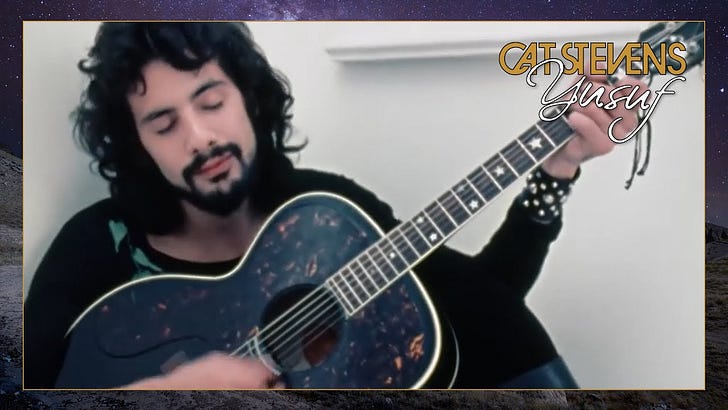‘Father and Son’
Yusuf/Cat Stevens presents an emotional two-hander that hits hard (but it's harder to ignore it)
Thanks to everyone who has subscribed to Slayed by Voices, including the new folks who have come on board this free newsletter since Monday, many of those via Craig Calcaterra’s newsletter extraordinaire, Cup of Coffee. If you follow me on social media, you know how much I loved Craig’s amazing description:
Jon just, apparently, has a head full of ideas…
Keep reading with a 7-day free trial
Subscribe to Slayed by Voices, by Jon Weisman to keep reading this post and get 7 days of free access to the full post archives.




